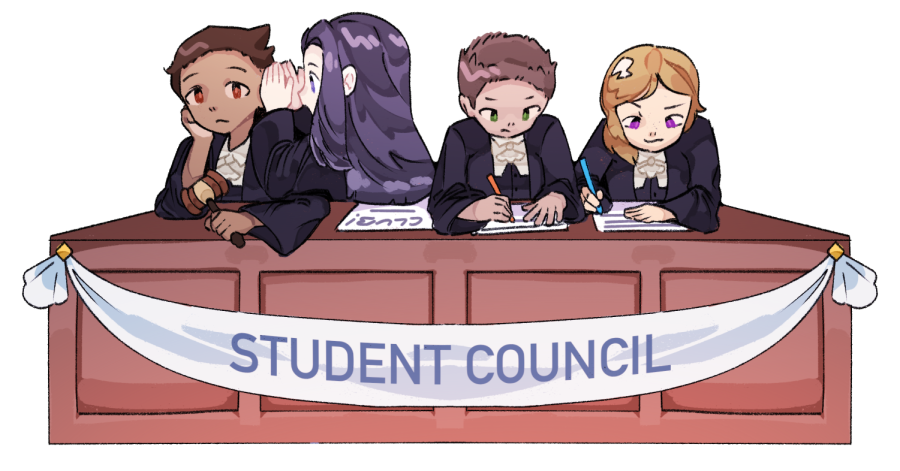Club approval process made easier for students
September 30, 2022
Sitting amongst a panel of Student Council (StuCo) members, senior Drew Duffy, Student Body President, experiences the new student-driven process of approving clubs at South. Each time an idea for a club is proposed, the StuCo board discusses and votes on the club idea, giving students an active role in the creation of new clubs, Duffy said.
Mark Maranto, Assistant Principal for Student Activities, observes and facilitates this new system. In previous years, students would simply ask to create a club and then fill out a short application, Maranto explained. However, as the student body grew and more clubs were being created, Maranto described two concerns that became prominent.
“The problem became that as our student body has grown in numbers, our clubs exploded to the point where we couldn’t find enough adults to sponsor,” Maranto said. “There were [also] a lot of clubs with the same mission and the same focus.”
The new process for creating and approving clubs consists of an online application and a presentation to the Student Council, Duffy explained. Students describe their ideas and mission for their club to the StuCo, who may then ask questions and provide suggestions. He explained the main elements that StuCo looks for in potential clubs are originality, student involvement, and a clear mission.
“We can’t be overly liberal about how we are approving clubs, but when someone comes to us with a well thought out idea and a clear organizational structure, it’s really amazing to see that club come to fruition,” Duffy said.
Senior Abby Muir, Co-Founder of Gainz 4 Girlz, a weight lifting club aimed at creating a safe space for girls to grow comfortable in their abilities, praises the easy application process.
“It was really rewarding because we were able to share what we’re passionate about,” Muir said. “It wasn’t a daunting process by any means.”
The biggest change to the club creation process is the fact that it is student-driven and focused, Activities Organizer Julie Smith explained. Overseeing the process, Smith ensures that students have an equal opportunity to express themselves and be heard. The purpose of this new system is not only to ensure that clubs are not being duplicated, but also to give students the chance to explain their missions to other students and persevere for what they believe in, Smith explained.
“Do not feel defeated if a club gets turned down the first time,” Smith said. “If you have a really good idea and have a passion, continue to pursue that.”











